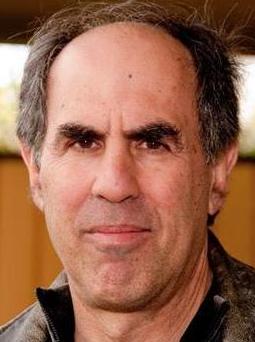1) Stop imposing complex, unnecessary union-supported bureaucratic wage rules that have delayed stimulus spending (delaying some "green" jobs by almost a year);
2) Keep our workplaces flexible and adaptive by retaining the secret ballot when workers vote for or against unions, which typically slow down adaptation by requiring rigid work rules and teeth-pulling negotiations--as happened at General Motors, for example;
3) Start a federal last-resort, lower-wage WPA-style public jobs program building useful public works and providing useful public services;
4) Empower a Fed-like body to quickly and temporarily cut payroll taxes to prevent future recessions. Tax cuts aren't perfect anti-recession medicine, as many Democratic economists like to point out. People don't necessarily spend tax cuts. But cuts have two potential virtues: They can inject money very quickly, and (unlike government payroll jobs) they are relatively easy to end once a recovery starts. A quick payroll tax cut would put instant cash disproportionately into the pockets of less affluent workers who would be more likely to spend it, stimulating further economic activity.
5) Control illegal immigration, so when employers start hiring the labor market isn't flooded with a new influx of unskilled, undocumented workers who bid down wages. We want recovery to produce a tight labor market--as it did in the late 1990's--forcing employers to offer higher pay to retain and attract good workers.

![]()
![]()